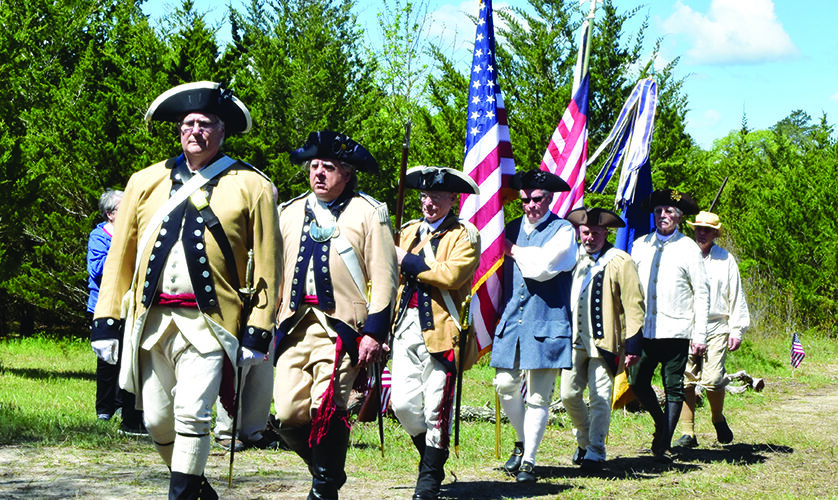They protect public and officers; more on the way
By CRAIG D. SCHENCK/Sentinel staff
NORTHFEILD — The city has received a $48,912 grant to purchase more body-worn cameras for the Northfield Police Department.
Police Chief Paul Newman said he is requesting the purchase of 24 more cameras to provide one for every officer on the force.
Newman said he applied for the grant early this year and was pleased it was approved. He said the funds will cover the cost of the cameras, docking stations, clips and any other necessary accoutrements.
Newman, who has been with the department for 27 years, including a year as acting chief and five years as chief, and Patrolman William Van Pelt, a 14-year veteran, recently discussed the benefits of the body-worn cameras.
Newman said the department purchased its first nine cameras in 2016.
“I felt the day was coming when they were going to mandate cameras so I wanted to get ahead of that,” Newman said, noting the department already had the infrastructure in place for its dash cameras. Now both cameras upload their data to the servers as soon as the vehicle parks at the station.
Newman said when he began looking at purchasing body cams, the city received a grant that paid about $500 per camera. The cameras now cost about $900 to $950 apiece, but at the time they were about $1,000 to $1,100, he said, so the city purchased nine cameras, footing the bill for the remaining costs.
The chief said that allowed for four uniformed patrol officers on each shift to have a camera while four were charging on the docking stations and one was available in case an additional officer was called to a scene.
Van Pelt said the cameras are clipped to a bracket that is pinned to uniform or vest, just another piece of the extensive amount of equipment that’s part of the uniform. (See photo illustration)
Van Pelt said the camera has a very wide range of vision able to capture the scene, a voice recorder and a night vision function. He has used his camera during investigations of noise complaints at house parties with loud music.
“As soon as I enter an area where I can hear the music, I turn the camera on. That way I can show if it ever ends up in court, the distance I had to travel for the audio to pick up,” he said.
He said a helpful feature of the cameras is that they will record video 15 seconds before they are activated, allowing for documentation of an incident before the officer even knows it’s an incident needing documentation.
Van Pelt said he was one of the first officers to realize a benefit from the technology. He recounted an incident in which he observed a motorist talking on her cellphone. He pulled the vehicle over and issued a ticket.
Van Pelt said the woman immediately drove to the police station and filed an internal affairs complaint against him.
“We went back and watched the video and the video showed her holding her phone. Her whole argument was that she wasn’t on her phone, I was lying. It immediately showed yes, she was. I was a fan immediately,” Van Pelt said.
Newman said having the footage protects the officer, the public and the city.
“It clears up his anxiety, it clears up the investigation with internal affairs,” Newman said. “You turn the video on and go into the evidence library and you look at the video and it shows that what the officer said was in fact the case. Transparency is what I like about it.”
Newman said another benefit is having both the dash cameras and the body-worn cameras documenting a situation.
“One of the neat things about this that I like is that it syncs up with the dash cams, so when this records, you’re not only recording what the car is seeing but you are recording the interaction with the complainant or suspect,” Newman said.
Another benefit is when there are multiple officers at one scene, providing different angles of the same encounter. He said every video is time-stamped, facilitating the compilation of evidence.
Newman said the department already has increased its storage capacity, noting the audio/video files are extremely large and must be kept for 180 days unless otherwise noted. He said if the footage is potential evidence of a crime being used at trial it may have to be kept indefinitely.
Newman said the data also has to be backed up, which is currently being stored at the department. He said using the Cloud is too expensive and he found it was cheaper to buy servers.
The only problem with that is ideally the backup would be stored in a flood-proof, fire-proof location. The Cloud would provide the storage and the safety needed, he said, noting he is working on documents to get approval to move in that direction.


